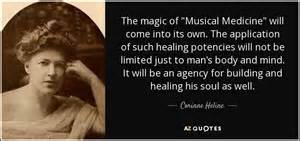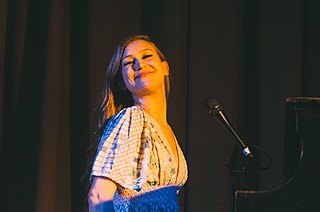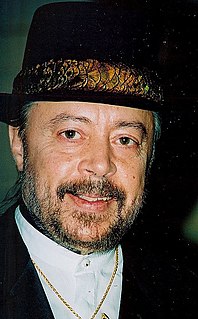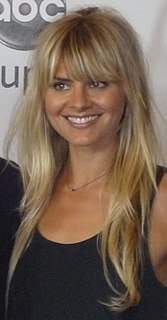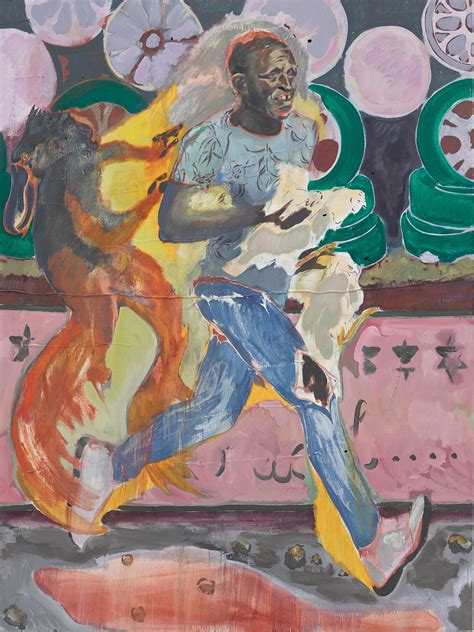A Quote by Corinne Heline
During the reign of Rameses III (the Twentieth Dynasty) Egypt saw a flowering of its civilization and the harp became the royal instrument of priests and kings. Often times they had as many as 21 strings. Under the manipulation "the Minstrels of the Gods" the music was of rare potency. "Musical Medicine" was an actuality. Healing, along with numerous so-called "supernatural feats" was attributed to this art.
Related Quotes
You see Michelangelo and Picasso and you read literature. I had some innate inchoate yearning for that, but I never really saw where I would fit in. That's called art. And then something happened to pop music, which is that it became art under the hand of the Beatles, the Stones, and Bob Dylan and some other people.
Many people conceive of religion as something apart from everyday affairs of the world. They think of it in terms of ceremony or ritual or sermons and often it strikes them as being dull or not particularly interesting. Religion may be described in many ways. I like to think of it as a medicine, a healing medicine for the mind.
We profess to teach the principles and practice of medicine, or, in other words, the science and art of medicine. Science is knowledge reduced to principles; art is knowledge reduced to practice. The knowing and doing, however, are distinct. ... Your knowledge, therefore, is useless unless you cultivate the art of healing. Unfortunately, the scientific man very often has the least amount of art, and he is totally unsuccessful in practice; and, on the other hand, there may be much art based on an infinitesimal amount of knowledge, and yet it is sufficient to make its cultivator eminent.
My older brother always tells me I changed as a person when I saw 'Ace Ventura.' Because when I saw 'Ace Ventura', I became obsessed. I watched the movie as many times as I had to - back then, you couldn't go on the Internet and find the script - so I watched it as many times as I could to write my own script of 'Ace Ventura.'
The Medicine Man occupied the honored role of priest and physician to his tribe. They understood that healing was done by the intercession of celestial spirits. Music was used as the bridge between these planes. Thus we see why music was religious in nature, and music was looked upon as a sacred art.
